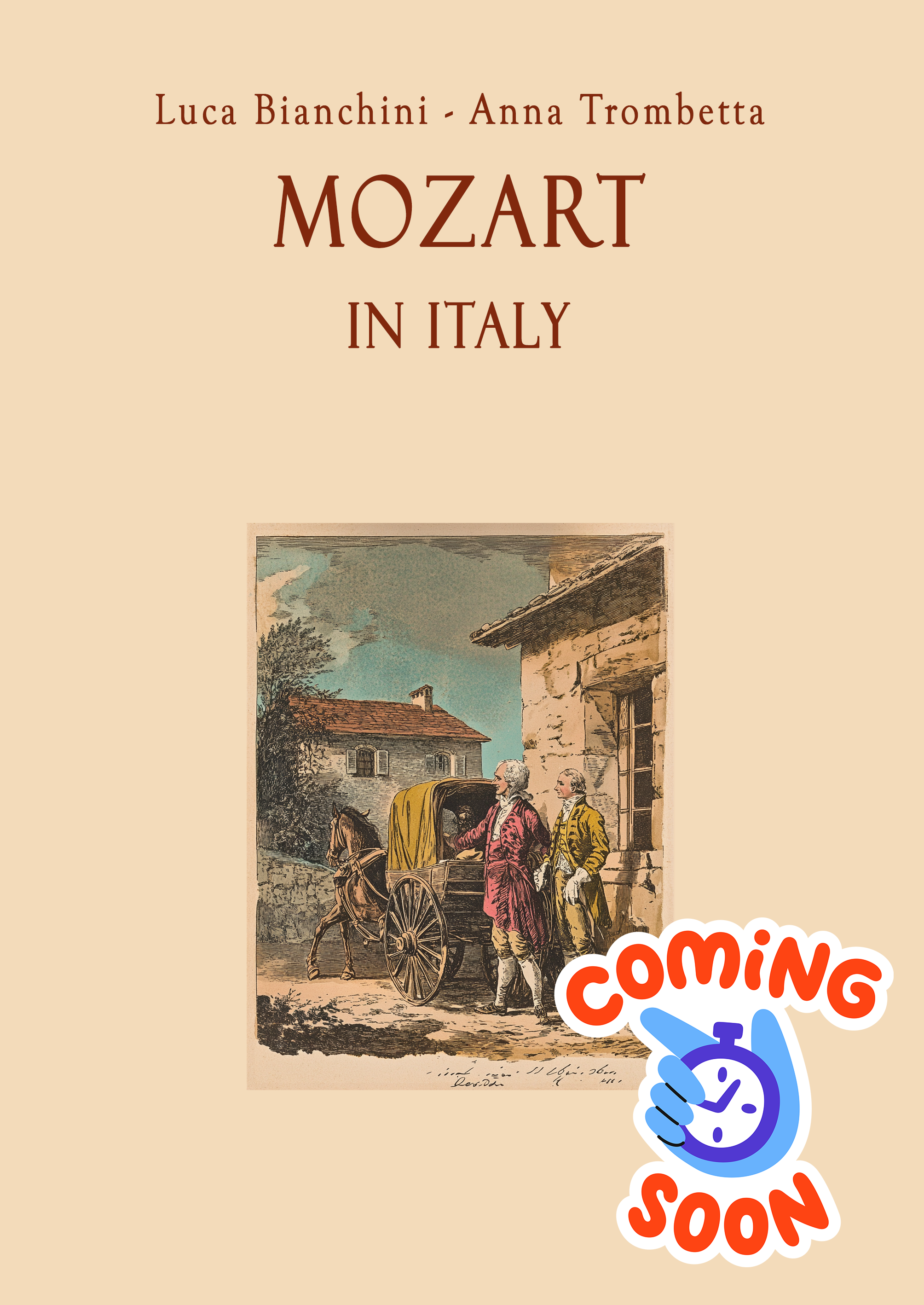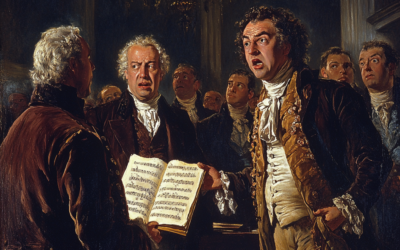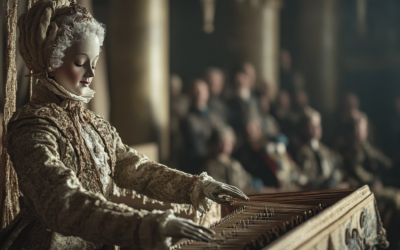A Modern Premiere
Quirino Gasparini’s Music Performed for the First Time
For the first time in modern history, Quirino Gasparini’s music has been performed. This concert, featuring arias from Mitridate and Beethoven’s Seventh Symphony, was conducted by Maestro Leonardo Muzii, with soprano Anastasiia Petrova.
Mozart in Italy
This book uncovers how Leopold Mozart ruthlessly controlled his son’s early career, focusing on how Mozart’s operatic successes were mere reproductions of existing works, especially the heavy borrowing from Quirino Gasparini.
It offers a unique look at their Italian travels, using original manuscripts and documents.
The online expansion includes rare audio, video, and manuscript access.
"Gasparini’s music, long overshadowed, takes its rightful place in the spotlight, revealing the true depth of his influence on Mozart."
@MozartrazoM
For the first time in modern history, the music of Quirino Gasparini, the composer whose works Mozart famously copied, has been performed. This extraordinary rediscovery is the result of the diligent musicological work of Luca Bianchini and Anna Trombetta, who have painstakingly revised and transcribed these forgotten compositions.
Conducted by Maestro Leonardo Muzii, the concert featured soprano Anastasiia Petrova, who performed arias from Mitridate by both Gasparini and Mozart, alongside Beethoven’s Seventh Symphony. The concert marked a pivotal moment in classical music, as Gasparini’s music returned to the stage, offering a new perspective on the history of 18th-century music.
This event is a must-see for lovers of classical music, revealing the influence that Gasparini had on Mozart and shining a light on a composer whose contributions have long been overshadowed.
You May Also Like
When the Myth Collapsed
Vienna exposed the myth: La Finta semplice was riddled with errors, and Wolfgang’s supposed opera genius was nothing more than Leopold’s fabrication. With their reputation in ruins, father and son turned to Italy, hoping to rewrite history.
The London Notebook and the Vienna Disaster
Far from the myth of a flawless young genius, Mozart’s London Notebook reveals musical struggles and guided exercises, while the Vienna opera disaster proved that his father played a far greater role in his compositions than legend would have us believe.
Versailles, Vanity, and the Pursuit of Prestige
Leopold Mozart’s letters transformed his son’s European tour into a carefully staged fantasy—filled with exaggerated encounters, fabricated royal admiration, and a relentless pursuit of social prestige. But how much of it was real?
The Fabricated Childhood of Mozart
The legend of young Mozart’s divine genius crumbles under scrutiny, revealing a childhood dictated by Leopold’s ambition, carefully constructed myths, and a relentless pursuit of fame at the expense of genuine artistic education.
The Man Behind the Myth
Leopold Mozart’s legacy has been shaped by myths and hagiographies, but his letters reveal a man more concerned with financial gain and self-promotion than artistic integrity. Was he truly a devoted father, or simply an opportunist?
Constanze vs. The Catholic Church
For over two centuries, scholars have debated the circumstances surrounding Mozart’s burial. Constanze Mozart’s supposed inability to mark his grave, the confrontation with the Catholic Church over funeral masses, and the baffling disappearance of Mozart’s body all contribute to a mystery stranger than fiction. Did a powerful group keep her silent? And what really happened to Mozart’s remains?







